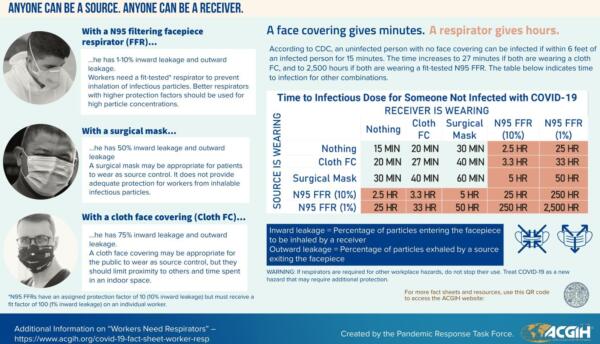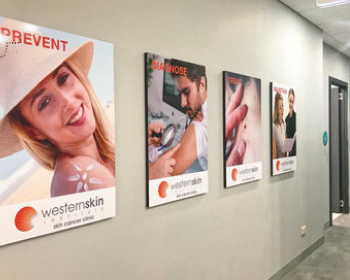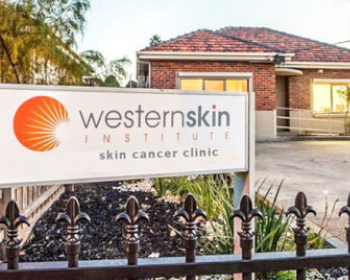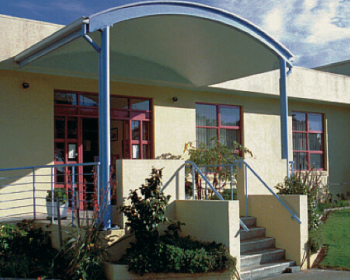Should I wear a face-mask?
The World Health Organisation (WHO) and the Department of Health recommends mask-wearing as part of a comprehensive approach to reducing COVID-19 transmission. It is important to note that not all masks are equal and the type of mask and fit is important. Attached is the degree of protection offered by the different types of masks:
Masks and skin problems
Some skin problems can be made worse by mask wearing. This can either be from the mask rubbing against the skin or the humid environment making some skin problems such as acne, rosacea, perioral dermatitis worse.
In most cases, such problems are not severe enough to warrant an exemption from wearing a mask. Given the importance of the use of masks in minimising the spread of COVID-19, exemptions should only be given for severe skin conditions that are not manageable by standard treatment.
The Australasian College of Dermatologists have released guidelines for temporary mask exemptions. They are:
- Severe dermatitis with crusting and weeping
- Severe inflammation during field or localised treatment such as with topical 5-fluorouracil or photodynamic therapy
- Severe infection such as with herpes simplex, erysipelas or impetigo
- Blistering skin problems such as pemphigus vulgaris, Stevens-Johnson syndrome/toxic epidermal necrolysis or epidermolysis bullosa with facial involvement
- After surgery where masks interfere with dressings or wound healing
- Note that even for all the situations above, the guideline is for temporary exemption with mask wearing to resume once the condition is settled or treated adequately
I do not have any of the above but I want a mask exemption
Doctors are obliged to follow rules and guidelines listed by authorities. If you do not have any of the severe conditions listed above, you will not be granted a mask exemption.

Reference: https://www.dermcoll.edu.au/covid-19-for-fellows/





